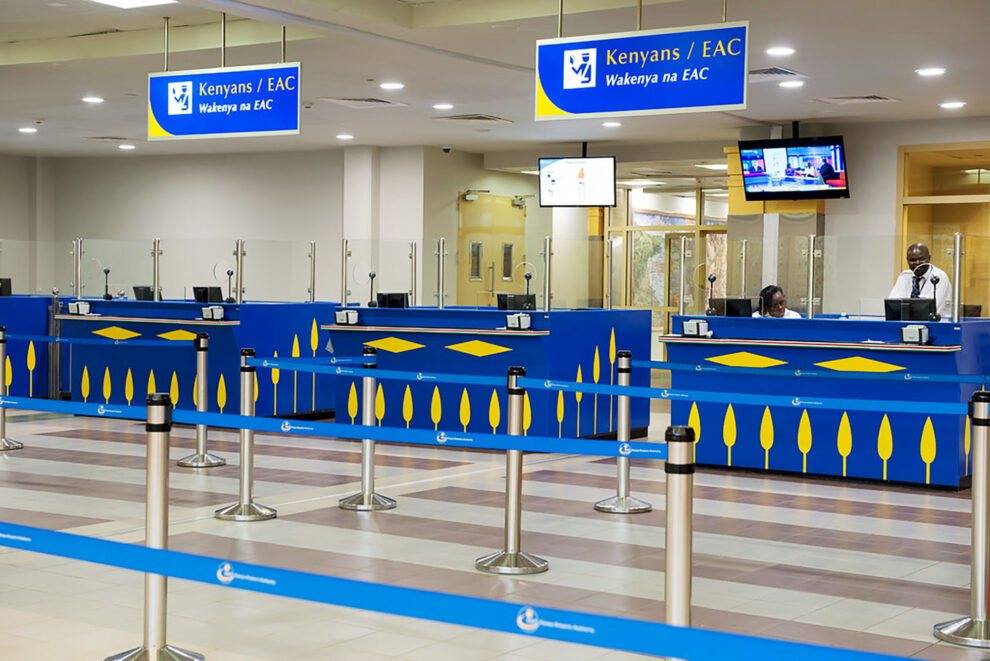Kenyans planning to travel by air will soon face higher ticket costs following the enactment of a new law signed by President William Ruto.
The Air Passenger Service Charge Amendment Bill, 2025 introduces higher levies on both domestic and international flights, marking a significant change in the cost of air travel across the country.
The government says the new charges are meant to strengthen funding for key agencies involved in aviation, tourism, and climate management, all of which play vital roles in Kenya’s development and global competitiveness.
Under the amended law, passengers traveling within Kenya will now pay Ksh.600, an increase from the previous Ksh.500.
Those flying to international destinations will pay Ksh.6,500, up from Ksh.5,000. This represents a 20 percent rise in domestic flight levies and a 25 percent rise for international routes.
The review is the first of its kind in more than thirteen years, signaling the government’s intention to update its revenue collection framework in the aviation sector to match current economic realities and operational costs.
The new law also allows the Cabinet Secretary for Transport to review these charges periodically through gazette notices. This means future adjustments could be made without necessarily going through Parliament, a move intended to make the process faster and more flexible depending on changing market conditions and sector needs.
Funds collected from the new charges will be shared among four key state agencies: the Kenya Airports Authority, the Kenya Civil Aviation Authority, the Kenya Meteorological Service Authority, and the newly consolidated Tourism Fund.
The Tourism Fund will now operate as a single body after merging with the Tourism Promotion Fund. The merger aims to reduce duplication, streamline operations, and ensure more efficient financing for tourism-related activities.
In addition, the inclusion of the Meteorological Service Authority in the list of beneficiaries is expected to enhance weather forecasting and climate data services. Reliable meteorological information is essential for flight safety, environmental monitoring, and disaster preparedness.
Despite the government’s justification, the timing of the President’s decision to sign the Bill has sparked public criticism, especially since it coincided with the death of former Prime Minister Raila Odinga.
Some Kenyans saw the move as poorly timed and insensitive, while others questioned whether increasing travel costs was appropriate given the rising cost of living.
President Ruto has defended the move, saying the legislation is constitutional and guided by the government’s broader plan to stabilize and modernize key national sectors.
Lawmakers who supported the Bill have also argued that the adjustment is necessary to ensure a reliable funding base for aviation infrastructure, air safety, and tourism promotion.
They maintain that while the increased charges may temporarily inconvenience travelers, the long-term benefits will be seen in improved services, safer air travel, and better support for Kenya’s tourism and climate programs.





















Add Comment